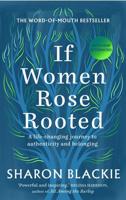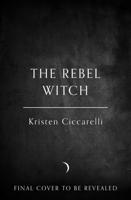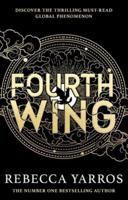Publisher's Synopsis
The writer holds that a silent process of revolution threatens three great English institutions -- the Landed System, the Established Church, and the Popular Religion. Outward signs of struggle which were manifest years ago have disappeared, but ' hidden and unseen forces have been effecting a more fatal destruction.' To refer only to his last point, the changes in popular religion, it is largely true that 'to-day the older austerity is deliquescing into an increasing, if still half-timid, determination to throw off the ancient restraints.' It may be true that 'there will be Independents and Baptists and Methodists at the close of the century; but the Methodism will not be that of Mr. H. P. Hughes, nor the Independence that of Dr. Binney, nor the Baptist's faith that of Charles Spurgeon.' But Mr. Masterman does not allow room enough for the operation of reconstructive forces. These are at least as noticeable as the forces which make for destruction. Still, perhaps the chief duty of the hour is to draw attention to the strength and seriousness of those silent processes which are assailing what Mr. Masterman calls 'Popular Religion, ' meaning generally the Protestantism of modern Nonconformity. Those who may not agree with the writer's forecasts would do well to study his very suggestive paper. The same number contains a curious article by Dr. Frazer on The Significance of Circumcision; and an interesting, if not convincing, attempt by Mr. Lowes Dickinson to establish his paradox that religion does not give us truth, ' that faith is 'an expression of the imagination and the will rather than of the intellect, ' and that it is 'closer to poetry and music than to science.' Doubtless some faith is.
--The London Quarterly Review, Volume
























